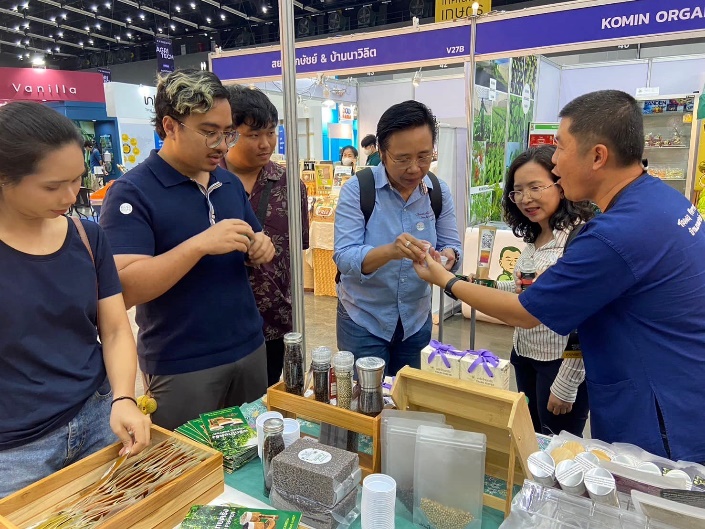Reporters: Mr. Sujinda Saehan, Mr. Ekkajak Intarat, Mr. Nitigon Jumniansuk, Mr. Thanet Sangseejun
Evidence Date: November 4th, 2024
Related SDGs: 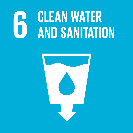
Related Indicators: 6.5.1, 6.5.3, 6.5.7
Details:
In an era of rapid environmental change, nations around the world are placing greater emphasis on sustainable energy use and environmental responsibility. In response to this global movement, Associate Professor Dr. Supranee Wunsri, project leader, together with Assistant Professor Noppadol Pochkamnerd, Assistant Professor Dr. Kosin Teeporakson, Assistant Professor Dr. Parunee Sampim, and Assistant Professor Polchai Kaonuan, all lecturers from the Faculty of Liberal Arts, Rajamangala University of Technology Srivijaya (RUTS), have developed an innovative biomass stove that reflects the university’s commitment to sustainability and community development.
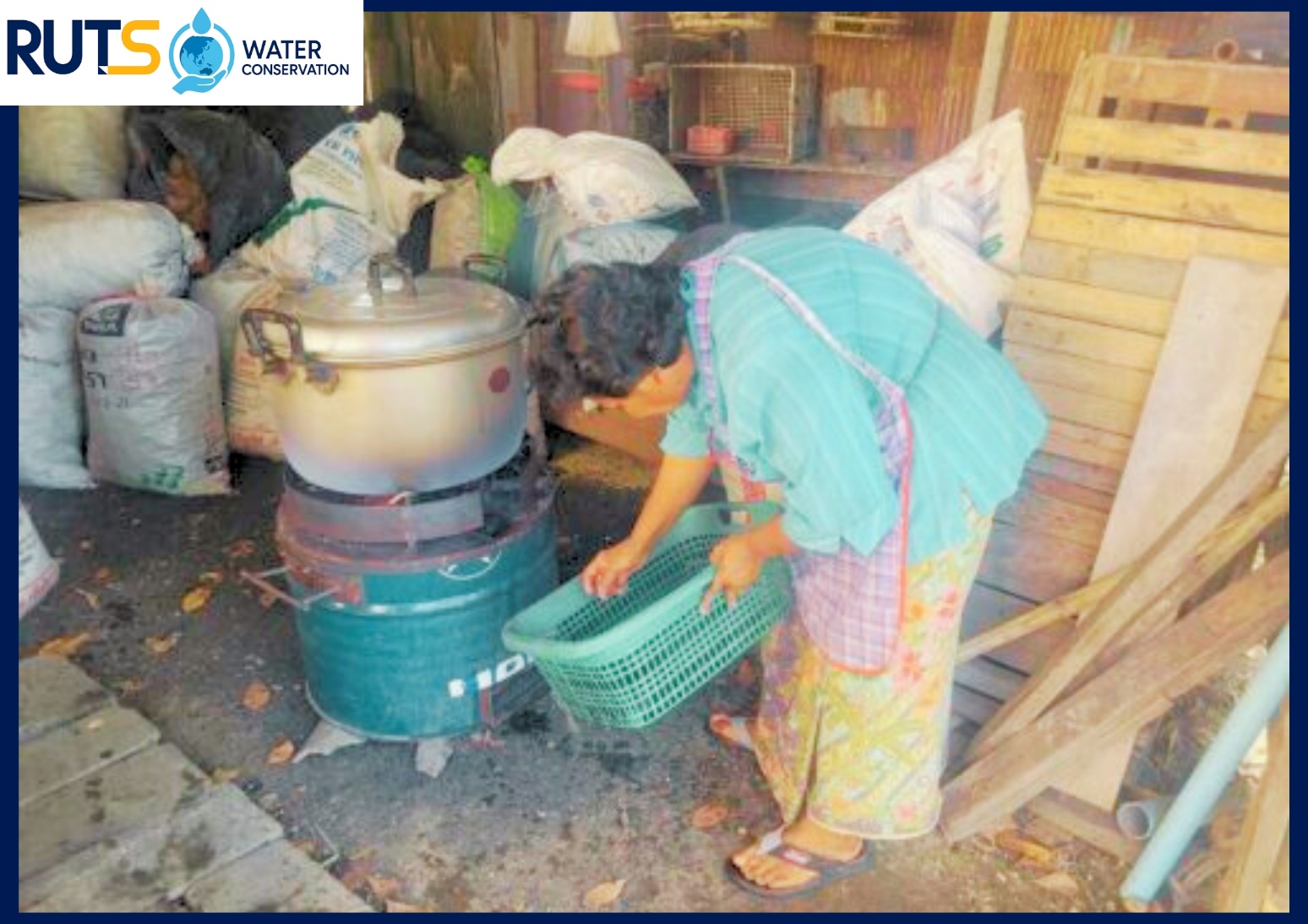
The project emphasizes the clear difference between conventional stoves and biomass stoves. Conventional stoves typically rely on fossil fuels such as natural gas or electricity—energy sources that, while efficient and convenient, contribute significantly to greenhouse gas emissions and environmental pollution. In contrast, biomass stoves are designed to utilize renewable agricultural residues such as corn cobs, rice straw, sawdust, and branches. These materials provide a sustainable and eco-friendly energy alternative that reduces dependency on fossil fuels while helping to minimize agricultural waste and its associated environmental impact.
A key success of the project is the development of an energy-saving biomass stove to support the clam processing industry in Wang Won Subdistrict, Kantang District, Trang Province. This innovative stove significantly reduces processing time, fuel use, and microbial contamination—resulting in higher-quality, safer clams for consumers. Constructed using red bricks, cement, asbestos pipes, and expanded steel mesh, the stove is durable, affordable, and practical for local small-scale processors. Following its success, the technology has been expanded to Khlong Hoi Khong Subdistrict, Khlong Hoi Khong District, Songkhla Province, where it continues to enhance local livelihoods and environmental performance.
Building on this success, the research team developed another model—a brick-built biomass stove—to improve the production of the traditional local snack “Khanom Sang” in Bang Riam Subdistrict, Khuan Niang District, Songkhla Province. This version of the stove reduces fuel consumption by more than 20%, improves safety for users, and has been further adapted for use by banana chip processing groups in Ranot District, food vendors at Khlong Dan Floating Market, and seafood processors in Songkhla Province. Like the previous design, it uses red bricks, cement, asbestos pipes, and expanded steel mesh—materials that are easy to source and cost-effective for local communities.
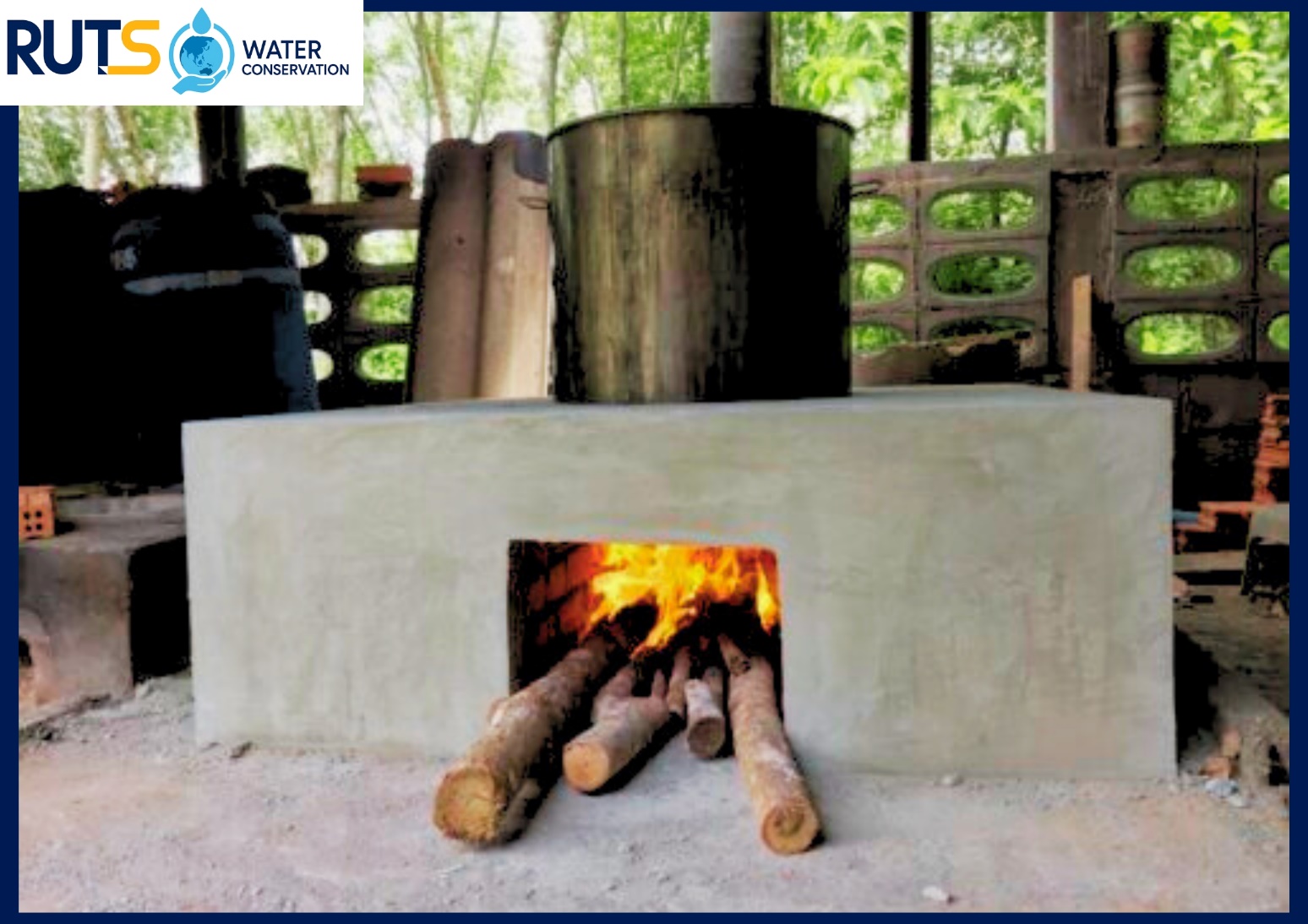 The project team also introduced a portable and efficient 200-liter drum biomass stove with an air-supply pipe system, which uses charcoal as its main fuel source. This design offers consistent heat distribution, mobility, and user convenience—making it ideal for palm sugar (toddy palm) processing. The stove enhances the syrup’s golden color and overall quality, increasing its market value. The technology has been transferred to palm sugar processing groups in Thamnop Subdistrict, Singhanakhon District, Songkhla Province, empowering local entrepreneurs to adopt cleaner, more efficient energy technologies. The stove is constructed from a 200-liter drum, metal sheets, and expanded steel mesh.
The project team also introduced a portable and efficient 200-liter drum biomass stove with an air-supply pipe system, which uses charcoal as its main fuel source. This design offers consistent heat distribution, mobility, and user convenience—making it ideal for palm sugar (toddy palm) processing. The stove enhances the syrup’s golden color and overall quality, increasing its market value. The technology has been transferred to palm sugar processing groups in Thamnop Subdistrict, Singhanakhon District, Songkhla Province, empowering local entrepreneurs to adopt cleaner, more efficient energy technologies. The stove is constructed from a 200-liter drum, metal sheets, and expanded steel mesh.
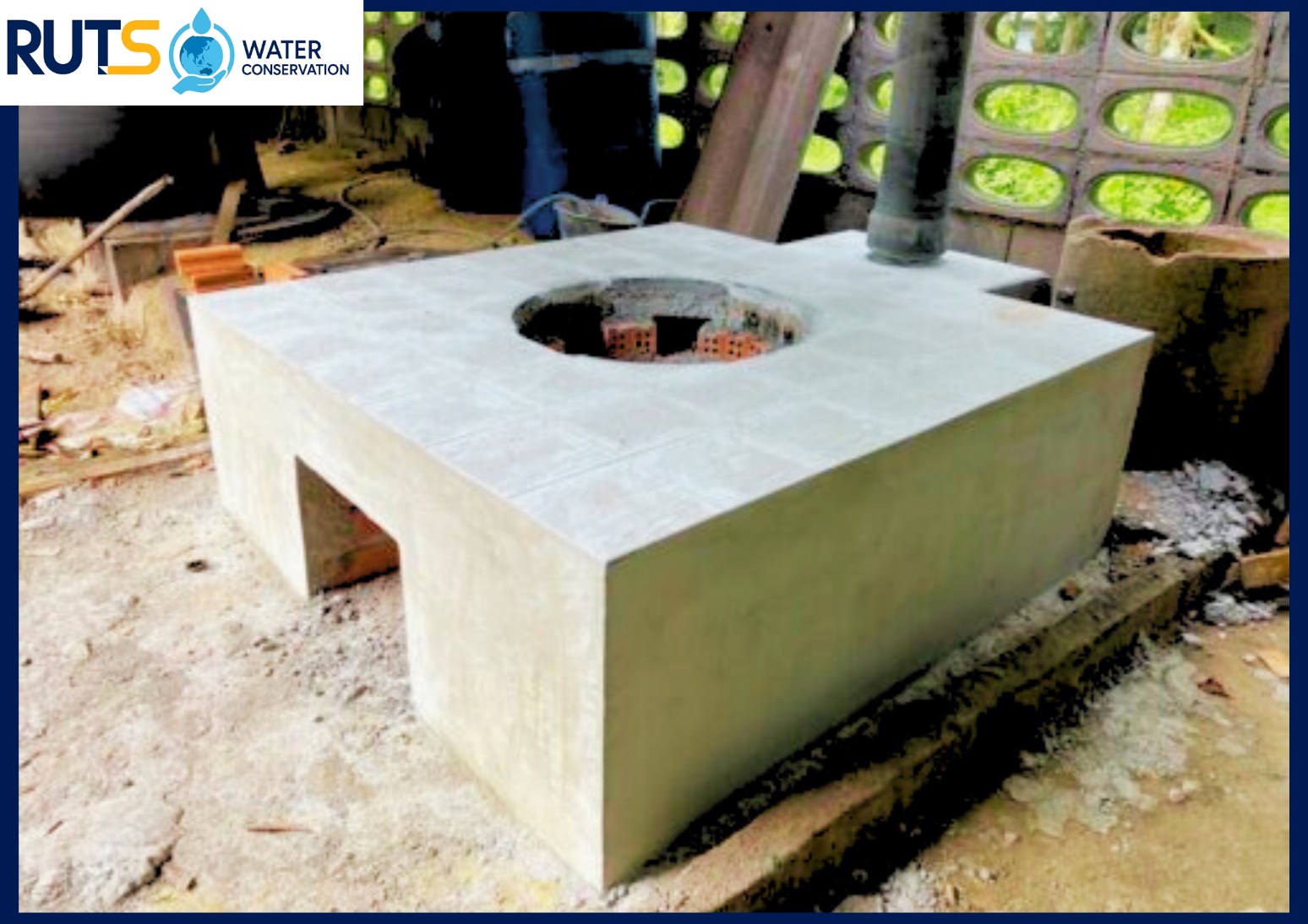
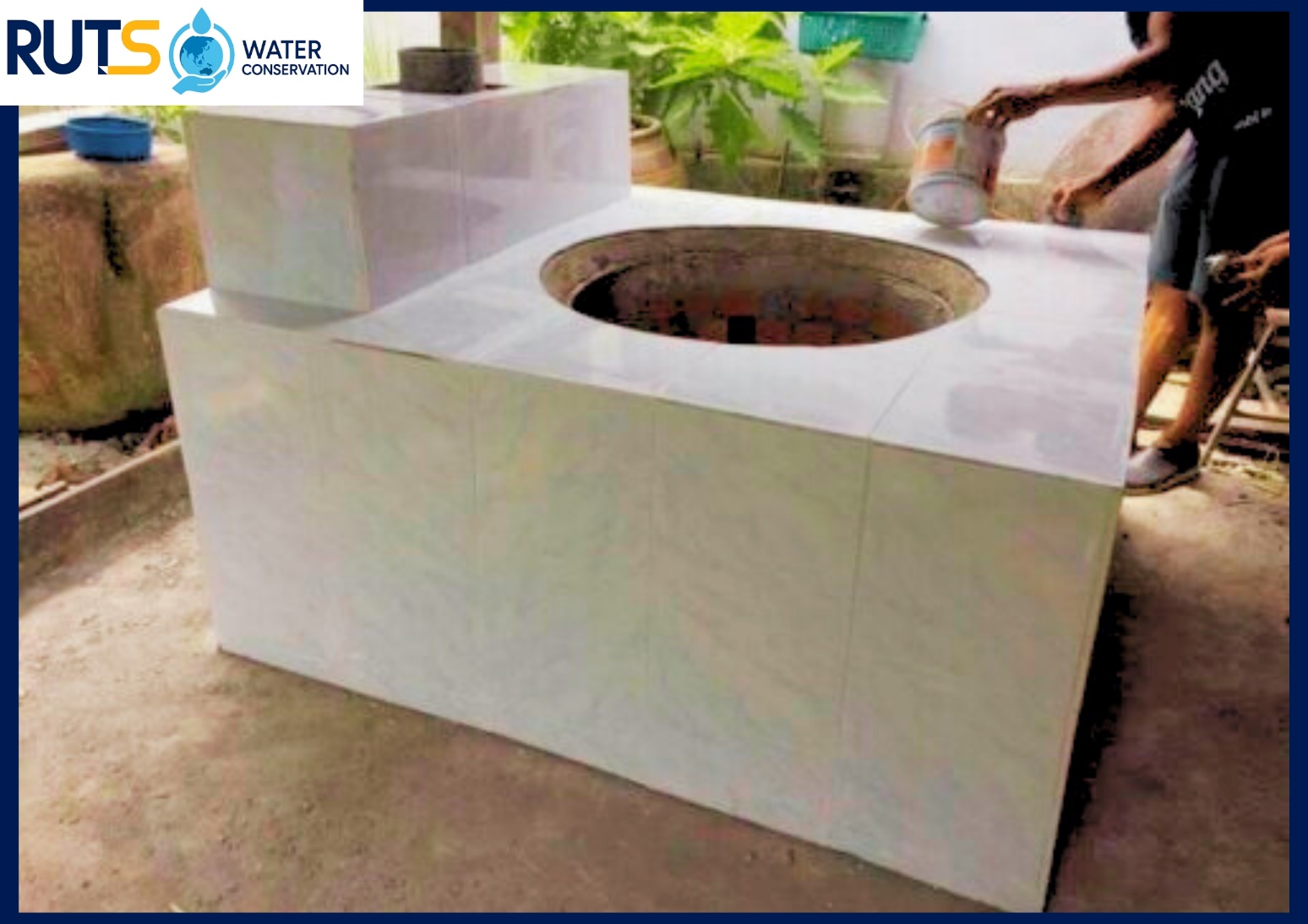
Beyond energy efficiency, these biomass stove innovations play an important role in environmental protection. By reducing air pollution and minimizing chemical emissions from traditional fuel sources, the biomass stoves help prevent water contamination caused by particulate fallout and fuel residues. Cleaner air and soil reduce runoff pollution in nearby waterways, supporting healthier aquatic ecosystems and contributing to more sustainable water resource management.
This initiative from RUTS stands as a powerful example of how academic innovation, community engagement, and sustainable technology can work together to address real-world environmental challenges. Through projects like this, RUTS not only empowers local communities and small-scale entrepreneurs but also advances the goals of clean energy, pollution reduction, and ecosystem protection—helping build a more sustainable future for southern Thailand and beyond.
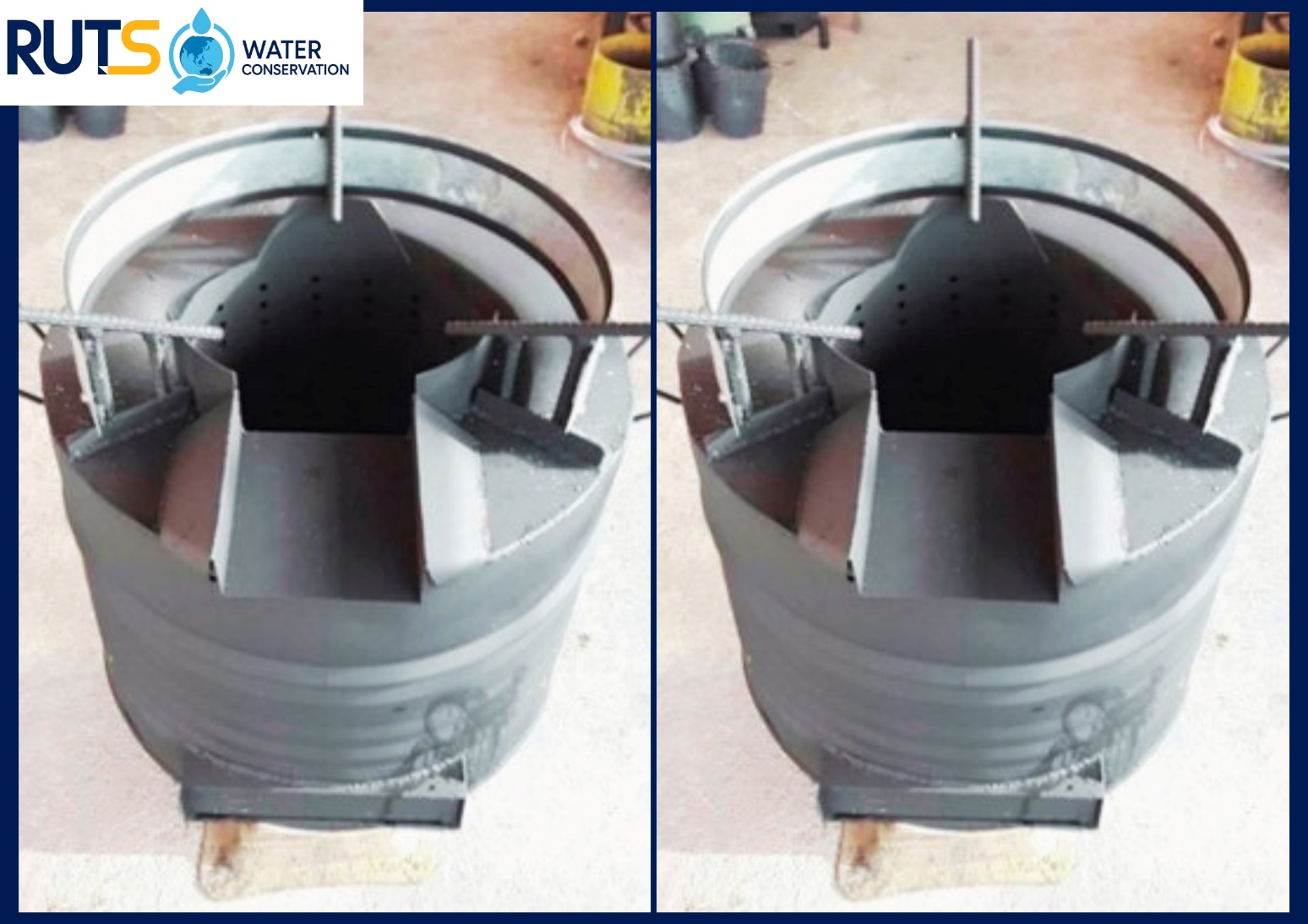 Related Links:
Related Links:



